HS-LS2-8
Evaluate the evidence for the role of group behavior on individual and species' chances to survive and reproduce.
-
 Plants
PlantsThis urban gardener is mimicking nature to create healthier plants
Urban garden specialist Kwesi Joseph is experimenting with rock dust and plants. He also helps New York City community and school gardens with gardening problems.
-
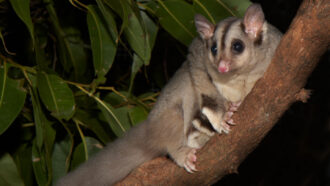 Animals
AnimalsAnalyze This: Marsupial gliders may avoid the ground to dodge predators
It has been unclear why gliding evolved in marsupials. To search for clues, researchers strapped activity trackers to some of these cryptic creatures.
-
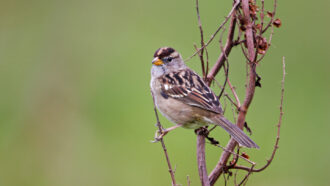 Animals
AnimalsExperiment: Are we there yet? Test how migratory birds navigate
In this experiment, use real data to figure out how migratory birds navigate from their breeding grounds to their wintering grounds.
-
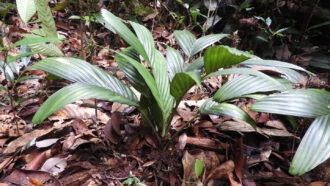 Plants
PlantsTo spy this palm’s blooms and fruits, start digging underground
Plants across 33 families are known for subterranean flowering or fruiting. But this palm is extremely rare. It does both.
-
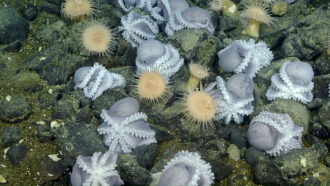 Animals
AnimalsHere’s why thousands of octopuses gather at the ‘Octopus Garden’
Underwater cameras and other instruments investigated why so many pearl octopuses gather here to mate and nest.
By Maria Temming and JoAnna Wendel -
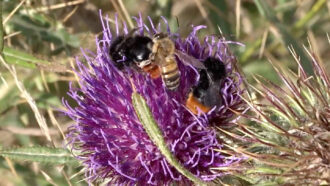 Animals
AnimalsPollen-seeking honeybees sometimes turn to theft
Observations of honeybee pollen theft from bumblebees suggest it may be a crime of convenience, based on ease of access to the prized food.
-
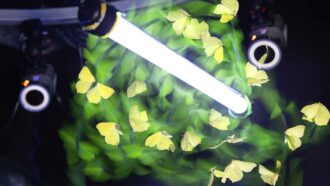 Animals
AnimalsWhich way is up? Insects may lose track near artificial lights
Flying insects may use light to figure out where the sky is. But artificial lights can send them veering off course, high-speed video suggests.
-
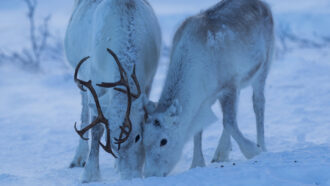 Animals
AnimalsReindeer can chew food in their sleep
Brain waves and behaviors suggest that reindeer can doze while chewing.
-
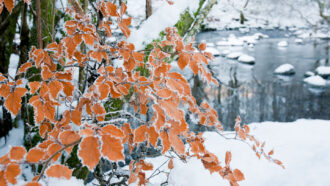 Plants
PlantsScientists Say: Marcescence
Autumn turns to winter, yet some trees' dead leaves keep hanging on.
-
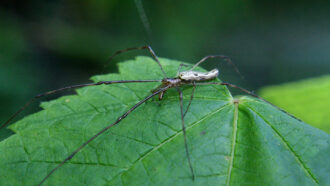 Animals
AnimalsSpiders that fall into water use reflected light to find land
When elongate stilt spiders fall into water, they head for areas that don’t reflect light, studies show. This cue appears to signal dry land.
-
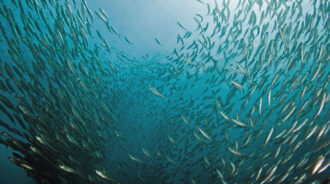 Animals
AnimalsSwimming in schools lets fish save lots of energy
Each tail flap uses less than half as much energy than swimming solo, making it easier for fish to catch their breath after an underwater sprint.
-
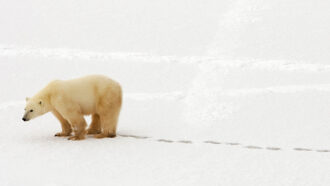 Animals
AnimalsPaw-print DNA lets scientists track out-of-sight polar bears
This environmental DNA can aid in conserving species that are hard or dangerous to observe.